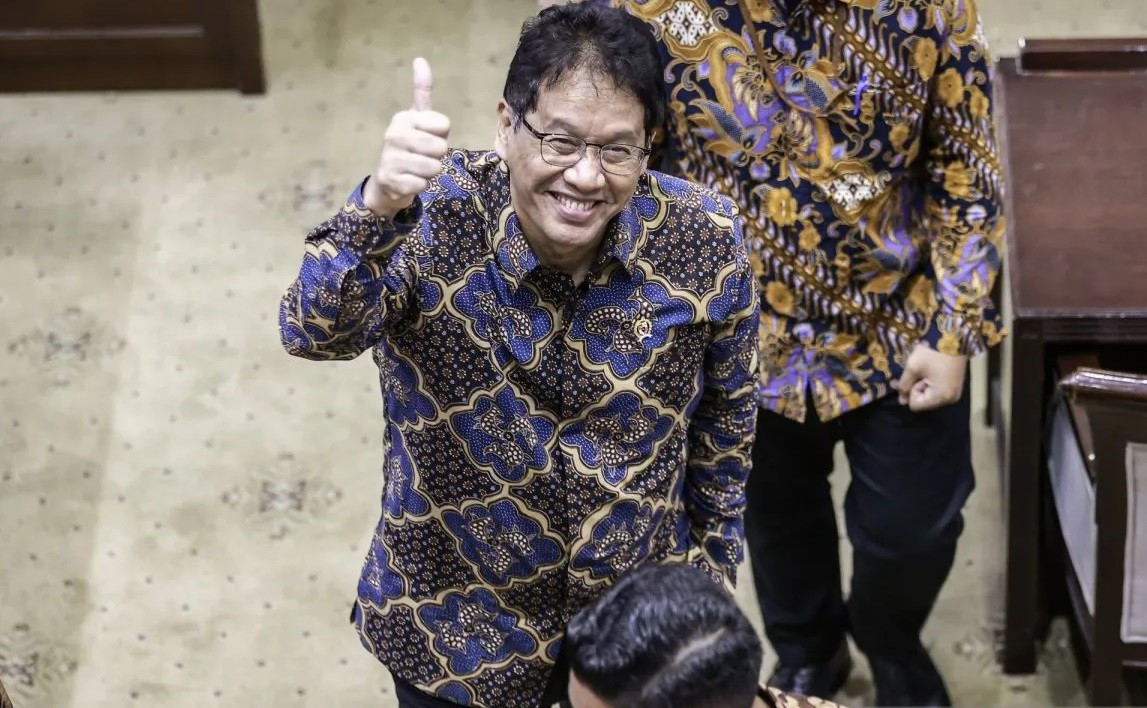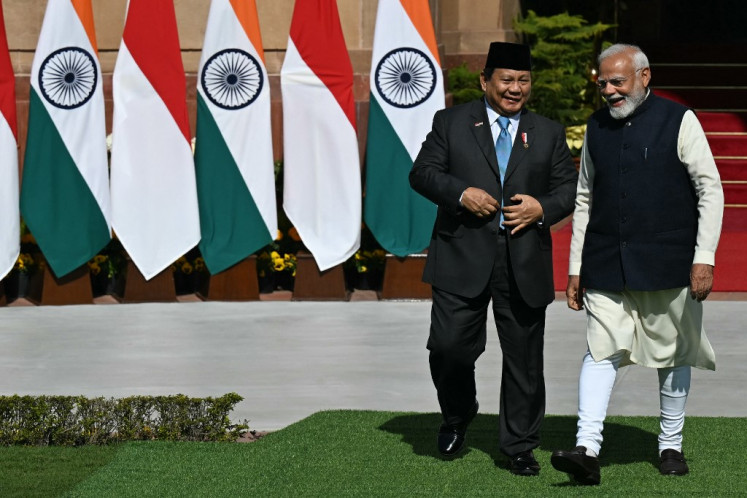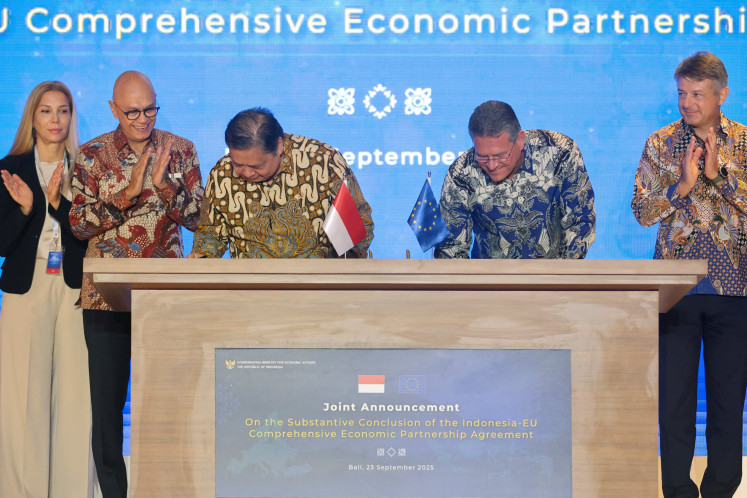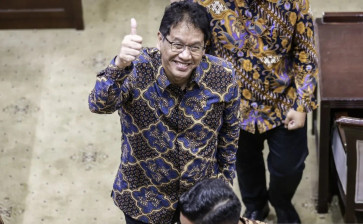Popular Reads
Top Results
Can't find what you're looking for?
View all search resultsPopular Reads
Top Results
Can't find what you're looking for?
View all search resultsAnalysis: Purbaya’s long game for fiscal credibility
Change text size
Gift Premium Articles
to Anyone
T
he newly appointed Finance Minister Purbaya Yudhi Sadewa has wasted no time asserting his fiscal philosophy within just a month in office. One of his first major decisions, rejecting the call for a third round of tax amnesty, has sparked debate in policy circles, pitting the need for short-term revenue against the imperative of restoring long-term credibility to Indonesia’s tax system.
With the government’s urgent need for funds, many question whether rejecting another amnesty could limit much-needed revenue streams at a critical time. Yet Purbaya argued that another amnesty would undermine policy credibility and send the wrong signal that taxpayers can evade their obligations and simply wait for the next forgiveness program.
Tax amnesty schemes, which allow taxpayers to declare previously hidden assets in exchange for reduced penalties or immunity from sanctions, have long been a double-edged sword. They can deliver a quick injection of state revenue and broaden the tax base, but they also risk creating perceptions of injustice, rewarding past evaders while discouraging compliance among honest taxpayers.
Indonesia’s first tax amnesty, launched in 2016 under President Joko “Jokowi” Widodo and Vice President Jusuf Kalla, was hailed a success. It attracted over 956,000 participants, disclosing total assets worth Rp 4,854 trillion (about US$303 billion), comprising of Rp 3,676 trillion in domestic assets and Rp 1,031 in foreign assets. The program brought in Rp 135 trillion in new tax revenues, but it fell short of expectations of asset repatriation as only Rp 147 trillion in offshore assets were repatriated, far below the government’s Rp 1,000 trillion target.
President Jokowi introduced a second round in 2022, known as the Voluntary Disclosure Program. It targeted taxpayers who had joined the 2016–2017 amnesty but underreported their assets. This round attracted 247,918 taxpayers, resulted in declared assets of Rp 594 trillion and tax payments of Rp 61.1 trillion to the government covers, still well below the estimated unreported assets of more than Rp 1,000 trillion.
While both initiatives helped to formalize hidden wealth and provided temporary fiscal relief, they also entrenched a pattern of dependence on exceptional measures. Each round demonstrated that such schemes could raise revenue quickly but failed to nurture a lasting culture of compliance. Repetition of these programs, Purbaya believes, would only send a wrong message: “Just cheat on taxes and wait for the next amnesty.”
Instead, Purbaya emphasized the importance of strengthening and expanding Indonesia’s tax base through robust and sustainable economic growth. In his view, with sustained growth, the nation can still secure fresh fiscal injections without resorting to repeated leniency.



















